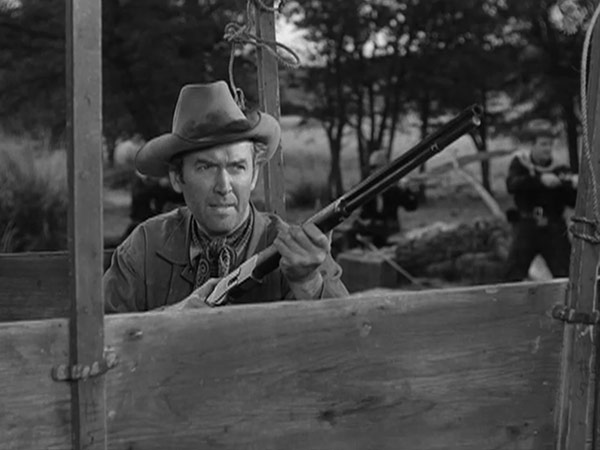 Just having had a meticulous restoration carried out, the 1955 Jean Cocteau version of the classic myth Orpheus is re-released in a special BFI edition. Regarded at the time as a classic, it is still held in the highest regard by critics and audiences alike.
Just having had a meticulous restoration carried out, the 1955 Jean Cocteau version of the classic myth Orpheus is re-released in a special BFI edition. Regarded at the time as a classic, it is still held in the highest regard by critics and audiences alike.
Set in contemporary Paris of the nineteen fifties the film takes it lead from the classic Greek myth. Orpheus is the talk of the town. He is a star poet, loved by the masses but hated by his contemporaries. As he sits outside a fashionable cafe full of artists, he witnesses The Princess arriving with her new poetic protege Cegeste. Very drunk and in no mood for instruction, Cegeste starts a fight that ends in tragedy as he is struck by a passing motorcycle. The Princess takes the young man away in her car with Orpheus along as a witness. Cegeste is dead. The Princess is in fact death and she is transferring Cegeste to the other side. This starts an obsession for Orpheus as he is torn between his attraction for The Princess, the love of his wife Eurydice, and his need to understand what is happening.
The film is a masterpiece of surrealist cinema. It starts off in a conventional way with the bar scene. Everything seems to be normal up until the point where The Princess arrives. It is here that things start to change. The first indication is presented when Orpheus is enquiringly about the poetry magazine she publishes. It is completely blank. The explanation of this is totally vague and not challenged in any way.Soon after, during the initial conversation between Orpheus and The Princess, he asks if he is in a dream. The rest of the film goes some way to demonstrate that this may be the case as normal no longer applies to the drama.
 The imagination of Jean Cocteau is presented on screen at every opportunity. He uses special effects and filming techniques to unbalance the viewer and add elements of surrealism. Shots constructed in reverse and then projected as if live are a simple device but one that is used to great effect on several occasions.
The imagination of Jean Cocteau is presented on screen at every opportunity. He uses special effects and filming techniques to unbalance the viewer and add elements of surrealism. Shots constructed in reverse and then projected as if live are a simple device but one that is used to great effect on several occasions.
Mirrors feature throughout the drama. They are utilized in a number of ways. Mirrors are something we use to watch ourselves grow old. They are also the gateway to the underworld as Death and the newly deceased use. It’s stated within the dialogue that if you stare at your reflection long enough you will see your death.
The love story underpins the drama. With his obsession of Death, Orpheus cannot see the love that is right in front of him. In turn Death has an equally blinding love for Orpheus. The fact that she visits him every night while he sleeps should be reason enough to become worried. It in her jealousy of the life Orpheus has that she starts to act irrationally and sets Orpheus on his journey to the underworld.
Orphee is a ambitious film that, with its re-release is a timely reminder to the genius of Jean Cocteau.
- Hugh Bonneville surprises young patients at Glasgow’s Royal Hospital for Children for MediCinema Screening of Paddington in Peru - November 7, 2024
- Portraits of Dangerous Women – Preview - November 7, 2024
- The Brutalist – Preview - November 6, 2024


